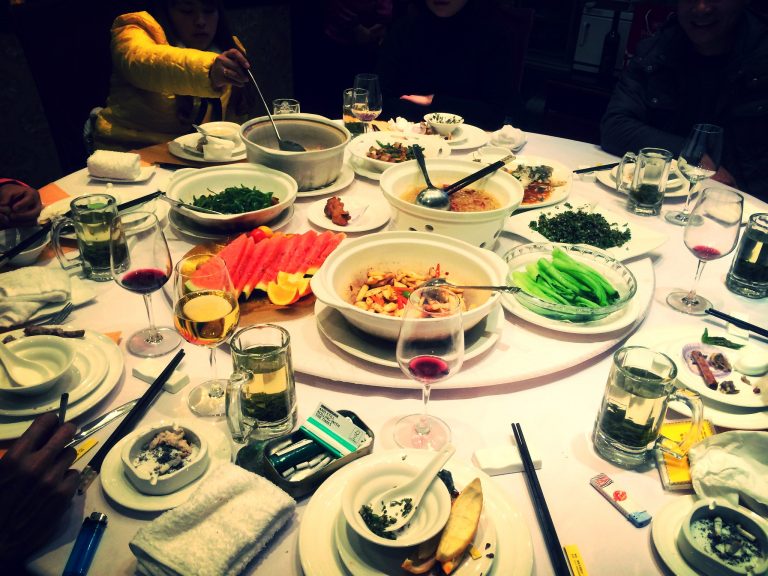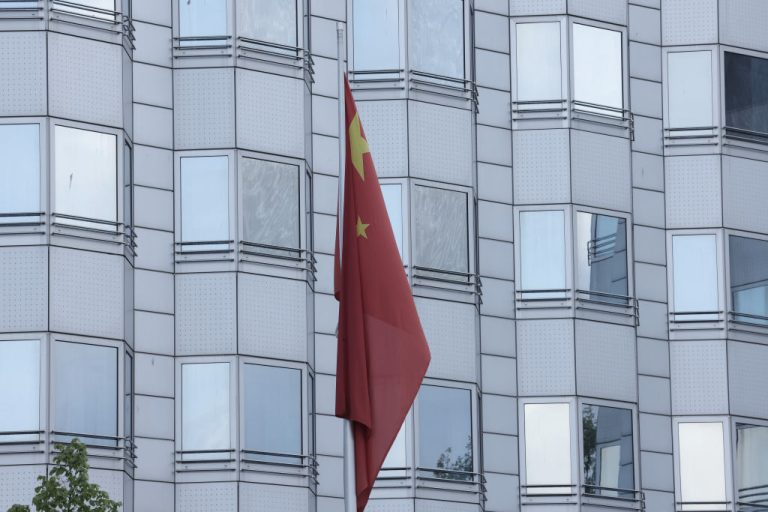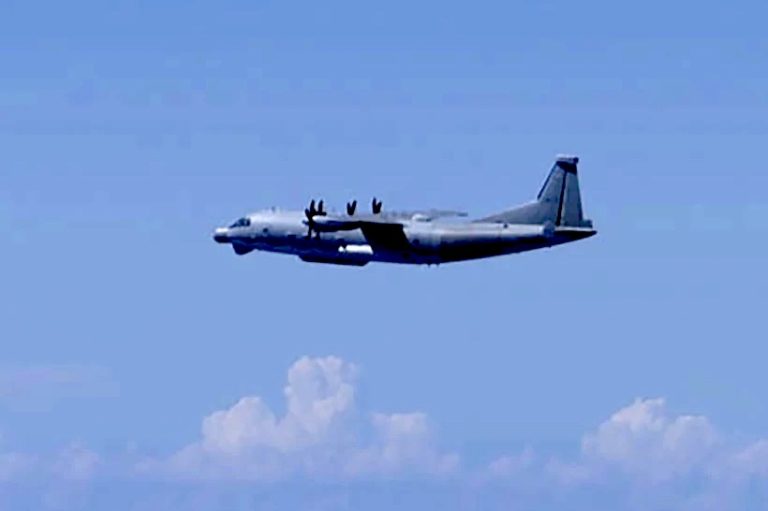A food waste regulation, first proposed by China’s National People’s Congress (NPC) in December, was passed into law at the end of April. The new law will fine food caterers for excessive food wastage and allow restaurants to levy penalties upon patrons, who leave excess food unconsumed at the table.
The law comes after Chinese leader Xi Jinping hinted at food shortages and related crises, and points to a worsening national economy.
Fines dealt under the new law will be 10,000 yuan ($1,546) and up to a maximum of 50,000 yuan for food service operators. The ban on mukbang videos is also part of the new regulation. These videos are popular in Asia and feature people eating large quantities of food for their viewers entertainment.
Food shortages and natural disasters
It’s speculated that the food waste regulation and the ‘clean your plate’ campaign, that encouraged China’s citizens to be mindful of overeating and wasting food, has been a result of food shortages caused by the pandemic and other natural disasters. In 2019 the country experienced the spread of African swine fever among its pig farms that devastated the pig population and caused pork prices to rise 135 percent in 2020.
The swine fever epidemic was followed by the global Coronavirus Disease 2019 (COVID-19) pandemic that disrupted supply chains around the world and caused orders to be unfulfilled as crops sat in fields to rot. Last year also brought major floods and locust infestations to China that devastated the agricultural industry.
Although natural disasters had immediate ramifications on farming, the reduction of arable land due to pollution has been an ongoing issue as industries such as mining and manufacturing have left soil contaminated. In 2014, Reuters reported that almost 20 percent of farmland was contaminated from mining and manufacturing with little incentive to clean up the land.
In addition, much arable land has been repurposed for lucrative housing developments, often at the expense of local farmers who are expropriated by corrupt Communist Party officials.
Compounding the diminishing amount of land available for crop production has, the country’s appetite for meat has skyrocketed. In the 1960s the average amount of meat consumed in China annually was just 5 kilograms (about 11 pounds) per capita. The amount increased to 20 kilograms by the 1980s and has risen to today’s level of 63 kg consumed per person annually.
Success
You are now signed up for our newsletter
Success
Check your email to complete sign up
The land needed to raise and feed animals for the meat industry takes up valuable land that could directly grow food for human consumption. With a growing demand for meat and a limited amount of arable land, China finds itself in a tricky position where it relies on ever-increasing imports to feed its population.
Rising food imports
Though known as the “world’s factory” and exporting vast amounts of goods around the globe, China has a hard time keeping its people from hunger. Most of the country’s food imports come from countries such as Brazil, the U.S., Canada, Australia, and New Zealand.
As of 2017, CSIS reported the amount of food imported into China was 105 billion while its exports totaled to $59.6 billion.
Together, the US, Canada, Australia, and New Zealand accounted for $34.61 billion in imported food into China. On the other hand China exported $6.14 billion in food to the U.S., while the amount exported to Canada, Australia, and New Zealand were negligible in comparison.
The U.S., Canada, Australia, and New Zealand are four out of the “five eyes” nations — English speaking democratic countries that share intelligence. Born out of the Cold War that chiefly focused on the Soviet Union, the “five eyes” coalition — the fifth member being the UK — has seen Communist China as an increasing threat.

Trade weaponization and China’s reliance on food imports
Trade weaponization can cause significant economic harm to countries that have a trade imbalance with a partner as large as China. Australia has experienced financial damage caused by tensions between the two countries as tariffs and bans have reduced the amount of coal and wine exported to China.
As trade weaponization becomes a growing concern among countries with strained relations with China, the limiting of consumption of food among its citizens could be a signal of not just a scarcity in its own supply due to natural disasters. The restrictions on overconsumption of food and wastage could signal a move by Beijing to try to rely less on its adversaries to feed China’s people.







